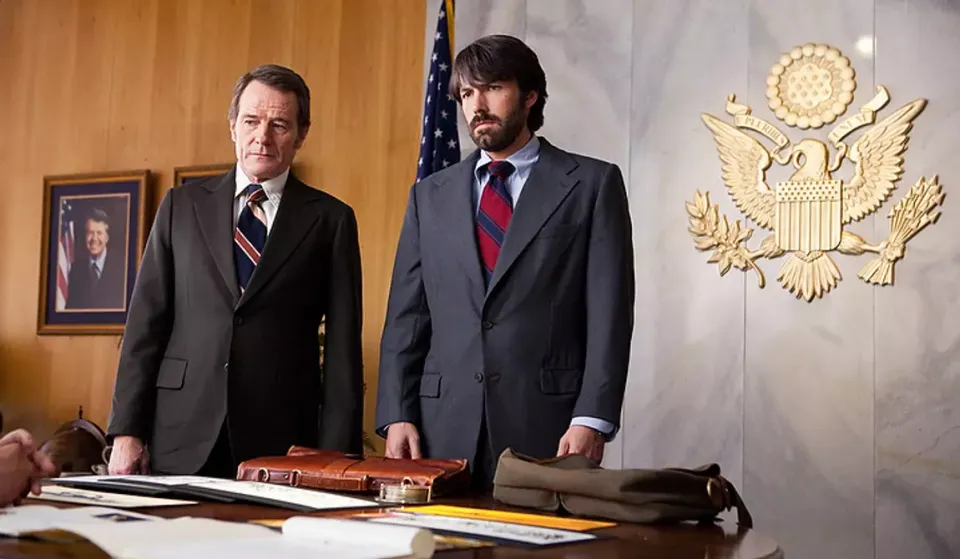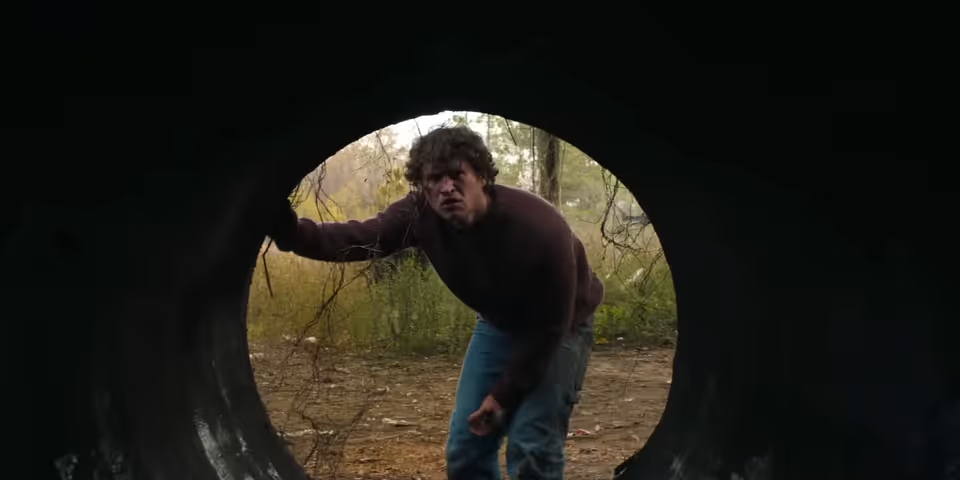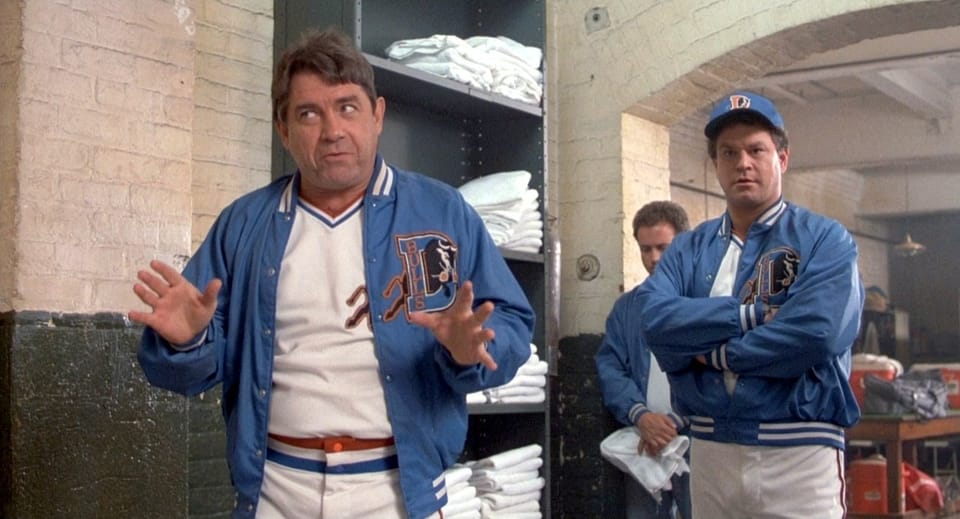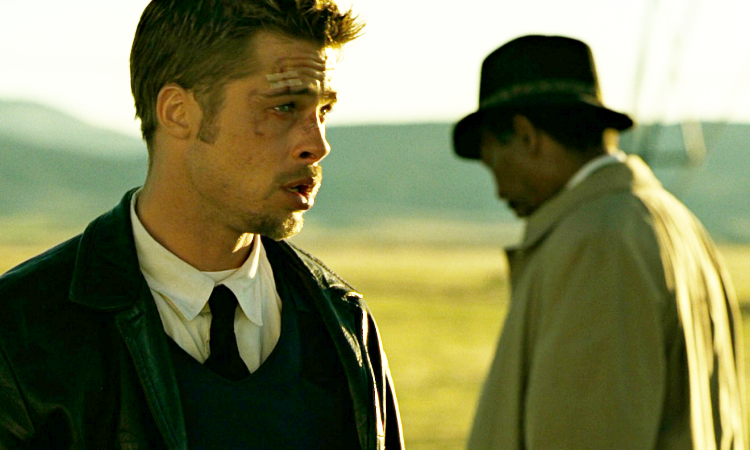The Magic Why
I want to talk about perhaps our greatest weapon in the creative and emotional battle we call screenwriting. I happen to think it's our greatest weapon in any endeavor...
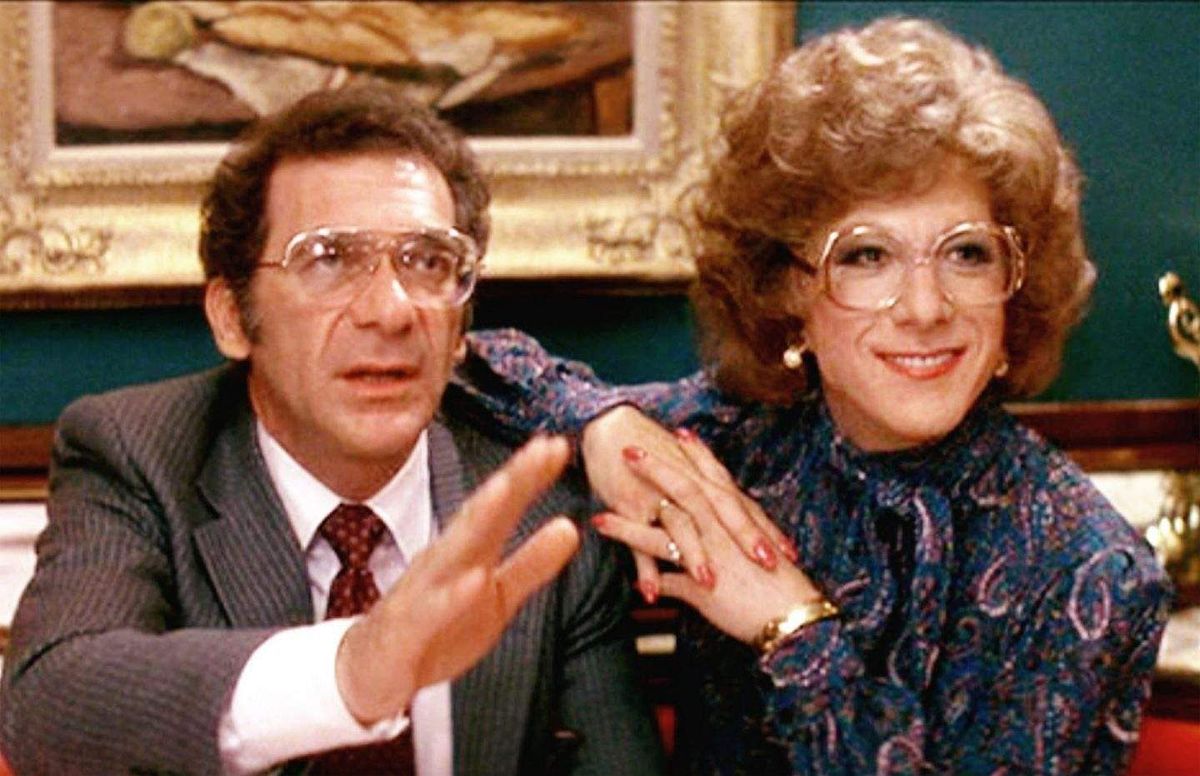
The Story and Plot Weekly Email is published every Tuesday morning. Don't miss another one.
I want to talk about perhaps our greatest weapon in the creative and emotional battle we call screenwriting.
I happen to think it's our greatest weapon in any endeavor, whether it's a guild strike, parenting, a business, or public policy. But this is a screenwriting email, so we will stick to that.
This weapon is the Magic Why.
Why are we doing the thing we are doing? What is it that we wish to achieve? Why is it important?
The Magic Why gives us clarity, and it gives us purpose. And we will need these things when times get difficult.
And screenwriting is difficult.
If you have been following my emails or taken a course with me, you know I put story first and foremost. It's what I teach.
We don't start outlining until we define the dramatic question and story because so many structural choices are based on those decisions (That process is laid out in detail in Mastering Structure.)
But in this week's email, I want to focus on story not as a structural tool, but as the source of your Magic Why.
As a reminder, I define story as:
The transformational journey of a human being.
That is, who your character is at the beginning, and who they are at the end.
I want you to see story as your mission statement. It is the reason your screenplay exists.
So make it personal.
As Sydney Pollack described one of my favorite films, TOOTSIE, "This is a story about a man, who dresses up as a woman, and becomes a better man."
Every major movement in the movie helped tell that story.
This is why you can't just lay out a plot and tack on a character arc at the last minute. Sure, you might get lucky, but the odds are against it.
The so-called "arc" is simply the story; the point of everything that happens. Even the theme is the values and ideas reflected in the story.
Yes, there will be great scenes. There will be action, laughs, tears, thrills, tension, horror. And those scenes are the FUN, but they're not the WHY.
The why is the story.
So make it emotional.
Make it mean something to you.
Make it resonate with others.
You want it to feel personal, even if you're the only one who knows just how personal it is.
My own personal connections to some of my previous screenplays.
DADDY'S GIRL (Thriller) This was me tapping into my own feelings about what I jerk I was in my 20s.
MOST WANTED (Action comedy) was my own thoughts on middle age and all my hurtsy feelings about high school.
THE GOOD TEACHER (Horror) I wrote this shortly after becoming a step-father and witnessing the fears of modern parenthood.
KILIMANJARO (Comedy) This was a quasi-assignment (it's complicated, but I hold the rights.) It was someone else's story, so I tried to borrow their personal connection to the material. It didn't really work.
The aim of the next draft is to correct that and explore my own personal connection.
QUEEN MARY (Horror) Again, another assignment. I wrote three drafts of the screenplay and it wasn't until the last draft that I found it.
The screenplay has changed significantly since I was involved (I rightfully only received story credit) and that personal connection that meant something to me is gone. I'm still rooting for it, of course, but as a friend now, rather than a participant.
My experience is that finding that personal connection with assignments is much more difficult but not always really necessary.
A good writer can fake it with empathy and imagination. That is, after all, the job.
But an assignment often remains someone else's sandbox and your magic why is that it's a job. And one you can be fired from at any moment.
A spec script is a different beast.
A spec script you shepherd through conception, development, and what is often years to get set up, let alone make...
For a spec script, that personal connection is necessary.
What will motivate you to stay home and write when everyone else is out having fun?
What will motivate you through that inevitable moment that seems to come with every project when you think, "This sucks. I suck. I am not really a writer."
What will motivate you to find the time to write when so much else of life demands more and more of from you?
And then the big one...
What will keep you going after all those inevitable passes? One pass after another.
And another. And another.
What will get you through all this resistance is the belief that this story is worth telling.
That it means something.
That you are sharing a little part of yourself with the world, and someone else will see it, and be moved by it.
And some times even comforted by it.
The screenplays that I loved for technical reasons -- the ones with great intellectual ideas, or interesting structures -- those never aged well for me.
Those aren't the ones I still quietly slip to someone a decade later like DADDY'S GIRL.
So start with the story.
You will know how to do that after studying structure with me. And you'll have to find the dramatic question, too, but that's plot.
It's the story that matters.
Whether it's a horror film you're writing, a comedy, action or suspense, make it personal.
Make it emotional.
Don't get trapped in an idea. We don't need more intellectual ideas. We need more humanity.
Make it matter.
Because you're going to ask yourself a thousand times, "Why am I doing this?"
And there will likely never be a better answer than...
Because this is a story worth telling.
The Story and Plot Weekly Email is published every Tuesday morning. Don't miss another one.
When you're ready, these are ways I can help you:
WORK WITH ME 1:1
1-on-1 Coaching | Screenplay Consultation
TAKE A COURSE
Mastering Structure | Idea To Outline

